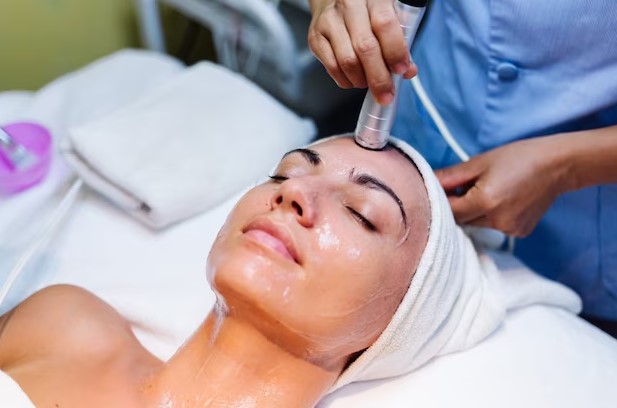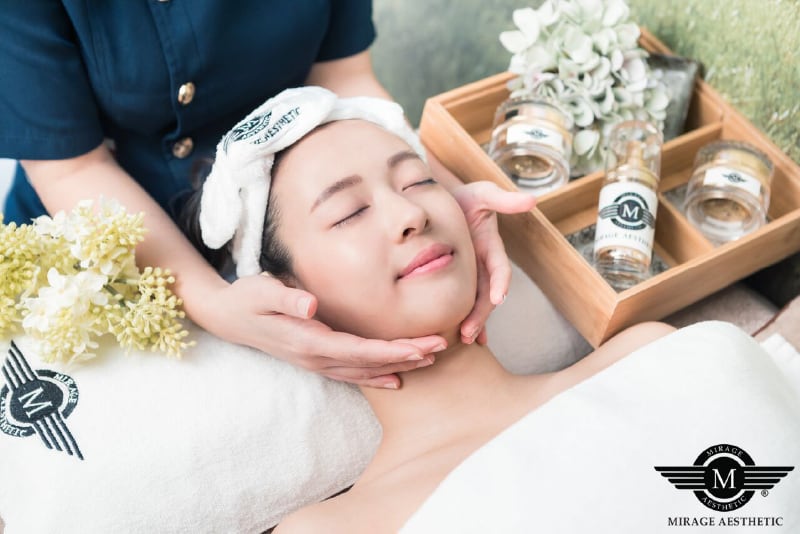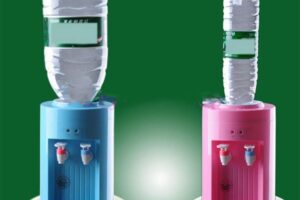
Skin pigmentation is when parts of your skin become darker than the rest. It appears as dark spots or patches that might appear on your face or body. The dark spots occur because your skin produces excess melanin, which is the substance that gives your skin its color. This occurs because of the sun, hormones, or when your skin hurts. It’s not harmful, but sometimes, some individuals feel shy and upset because of their skin appearance. But worry not, since there are various pigmentation removal treatments and how to have your skin look even again. You will learn why you get it and how you can eliminate it in this blog.

Various Reasons for Skin Pigmentation and How to Overcome
1. Sun Exposure: The Primary Cause of Pigmentation in the Skin
One of the main causes of skin pigmentation is the sun. When your skin stays in the sun for a long time, it starts producing more melanin. If you spend too much time in the sun, your skin may produce excess melanin, causing dark spots or patches. These spots most commonly occur on your face, arms, and neck since these parts of your body are always in the sun.
To stop pigmentation caused by the sun, you need to use sunscreen. Choose one with a high SPF, such as SPF 30 or more. Sunscreen helps prevent the harmful sun rays from your skin. You may also try some treatments, like special creams or laser treatment, to help fade away the dark spots over time.
2. Hormonal Changes and Melasma
Melasma, on the other hand, happens due to changes our bodies undergo through skin pigmentation. When your hormone balance changes for instance during pregnancy or when one is taking birth control pills, your skin may react by getting some darker patches around your face. Hormones such as estrogen and progesterone lead to making more melanin in your skin.
Melasma is treated by removing pigmentation through creams or lasers. There are creams that contain ingredients that lighten dark spots. However, one should avoid the sun as it worsens melasma. Sunscreen is to be worn always, whether inside or on a cloudy day.
3. PIH
Post-inflammatory hyperpigmentation or PIH is a term given when your skin gets inflamed because of an injury caused by a pimple, scratch, or even burn. After healing your skin may leave behind some darker marks. These dark spots are normally larger and darker compared to the rest of your skin. The condition is common to anyone, but particularly with individuals who have darker skin, where anyone can easily experience.
Treating PIH involves using certain creams that lighten the darker color of the spots. Ingredients used include hydroquinone or niacinamide to make the skin tone lighter and even. You may want to try peeling with chemicals to strip off the top layer and thus bring out new, even-colored skin.
4. Genetic and Age-Related Pigmentation
Your family history may also determine whether you will have the appearance of pigmentation. Some people have skin that is more prone to developing dark spots. As we age, our skin changes. It does not heal as quickly, and the damage that the sun causes builds up each year. This can cause age spots, also called liver spots, which are dark patches that appear primarily on the face, hands, and shoulders.
Such types of pigmentation can be treated with anti-aging treatments like serums of Vitamin C and retinoids. These make the skin appear brighter and fresher, thus younger-looking. Pigmentation removal treatments also include lasers and chemical peels. Do not forget your sunscreen so that new dark spots cannot form.
5. Diet and Lifestyle Factors
Your skin can be affected by what you eat and how you live. Intake of too much sugary food or unhealthy fats causes stress in your skin and results in pigmentation. Smoking and alcohol drinking increase the chances of having dark spots. These habits do not allow your skin to heal properly and may even make pigmentation worse.
More fruits, vegetables, and whole grains may help you maintain healthy skin, among drinking enough water and abstaining from smoking or drinking excessively. Properly cared for, skin looks brighter and even toned, aside from using skincare products having vitamins that will keep the skin clear and healthy.
6. Skin Injury and Scarring
The dark scar which is left on your skin, once this is injured by cutting it, burning, or as a result of surgery turns darker due to continued increased production of melanin through healing of the skin. There are some types of pigmentations that take some time before leaving the skin but might seem to improve through various types of treatments.
For scars and pigmentation, you can use creams containing Vitamin E or special ingredients that lighten dark spots. For fading scars, there is the use of laser treatment and silicone gel sheets. Treat your skin tenderly when it heals; don’t pick at the scabs or pimples as that would cause worse scars.
7. How to Choose the Right Pigmentation Removal Treatment
Pigmentation removal treatments are numerous, but the procedure depends significantly on individual skin. In the case of mild pigmentation, you can utilize over-the-counter creams available in most stores. The creams can contain hydroquinone or glycolic acid that can lighten the areas affected. But if it is more intense, then procedures like a chemical peel or laser therapy may be necessary.
Before you attempt any pigmentation removal treatment, consult a dermatologist. They can examine your skin and tell you what will work best for you. Sometimes, you might need more than one treatment to get rid of the pigmentation. Whatever treatment you try, be patient and use it regularly to see results.
The End Note
Skin pigmentation for several reasons: sun exposure, the influence of hormones, in general injuries. It is a harmless condition but it looks as if there are irregularities in the skin. There’s no need to worry since there are plenty of treatments that will remove the dark spots through pigmentation and smoothening or whitening of the skin. There are special creams, lasers, and chemical peels. The best way to prevent pigmentation is to keep your skin protected from the sun and take proper care of your skin daily. In this way, your skin remains clear and healthy for a long time!
Also Read: Laser Facial Treatment for Acne, Scars, and Wrinkles: A Comprehensive Overview




